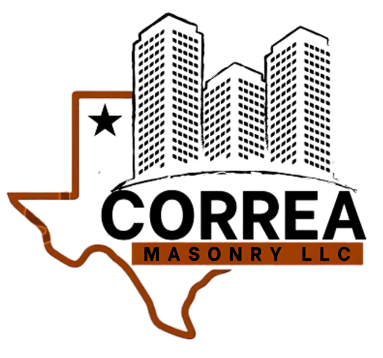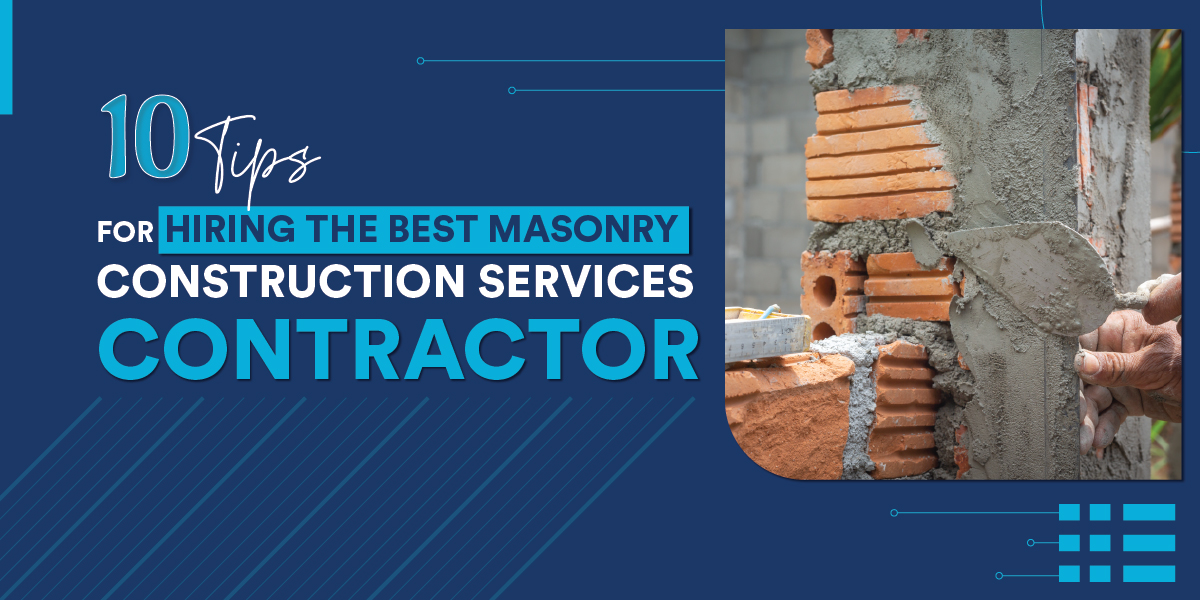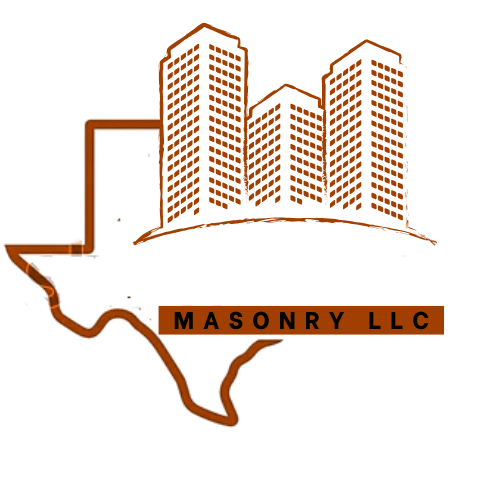In the case of outdoor tasks such as constructing a patio, a pit for the fire, a candle, or a retaining wall, the question of whether to do the work oneself or employ an expert stone masonry contractor in Dallas appears. They both have advantages and disadvantages, which means that all of them need to be considered carefully. Cost: Is DIY Cheaper? Since you’re cutting out the labor cost, you pay only for the materials, and it can significantly cut down on the cost of the project. This does, however, come with some caveats. First is an investment in good tools and equipment, especially if you do not already have them. Hired or purchased special masonry tools such as mortar mixers, trowels, stone cutters, and safety equipment can become costly. Moreover, in case, you make mistakes in the work, you may have to repair it and even buy some more material. On the other hand, a masonry contractor will generally charge upfront because they will be billing their labor and materials. A professional will probably work faster, use fewer materials, and not make high-priced mistakes that might save you money down the road. You will also have peace of mind knowing the job was done right, so the risks of needing additional repairs or adjustments going forward will be reduced. Time and Efficiency: How Much Time Do You Have? Even if you are as handy as all get out, laying stones, mixing mortar, and ensuring the work is level and safe means many hours—especially on weekends or evenings when you can’t be there full-time. A DIY project can drag on for weeks or months, depending on the size and complexity of the job. Furthermore, the time you could put into it may go to those pockets of other things already competing for your time in life, such as family time, work, or doing other household things. A professional masonry contractor will get the job done much more efficiently. With experience and with proper tools, a contractor can complete projects in a fraction of the time it would take you. Whether or not it is building a retaining wall or installing a stone pathway, a contractor will know how to get the job done most efficiently, which may be invaluable if you’re looking to get the job done quickly. Skill and Expertise: Do You Have the Right Know-How? It is something more than the usual DIY skills; in other words, it is about precision, technical know-how, and experience in laying stone, brick, or concrete. This is the art of knowing the balance between materials and mortar as well as the environmental surroundings that surround you. Poorly installed stonework can cause structural problems, such as cracks, shifting, or even collapse. Professional masonry contractors have years of hands-on experience and industry knowledge. They understand the subtleties of materials, knowing when such stones expand and contract with temperature or application of mortar at correct proportions. The contractor will ensure not only that the job looks nice aesthetically but, more importantly, that it is structurally sound and long-lasting. Tools and Equipment: Do You Have the Right Gear? Masonry work demands specialized equipment, and most relevant tools are not usually found in any well-stocked homeowners’ garage. While heavy equipment such as mixers and scaffolding are needed, so too are smaller equipment such as trowels, chisels, and stone-cutting saws for the proper completion of a project. Even rental masonry tools at home improvement stores are available to the DIYers, though that too comes with its share of inconveniences. Besides being doubly sure you’re using the tool right, there’s the cost of renting or buying a tool – all additional hassles. Mistakes can happen or even accident. Final Thoughts: Any decision to do DIY masonry or seek a contractor depends on the complexity of your project, budget, and experience level. DIY probably saves you money and gives you a comprehensive sense of accomplishment, but hiring a Correa Masonry ensures completion within time, budget, and good work quality.
10 Tips for Hiring the Best Masonry Construction Services Contractor
When you want to complete a masonry project, you need it done well and completed in a quick time. The right option would be to hire a professional masonry construction contractor. But the question arises – how do you choose the right company for the job? With decades of collective experience, Correa Masonry LLP can be your contractor in Dallas, TX. We have certified experts working for us who can deliver projects of any size that surpass your expectations and are within deadlines. We take you through what you need to do when hiring a masonry contractor for your project. 1. Evaluating Experience As the adage goes, ‘there’s no substitute for experience’, and nowhere is it more true than with masonry. It’s a general rule of thumb in this industry that the more experienced the contractor is, the better the quality of the finished project will be. Experience dictates the choice of materials, techniques, and machinery used in the project. Opt for contractors with at least two or three years in the business. A good contractor would have completed several different types of projects in that time and would be a viable candidate for your needs. 2. Understanding the Terminology An area where you have to do some reading would be masonry terminology. Words like relieving arch, anchor bolt, header, frog, and parapet are a few terms that can cause significant confusion for homeowners. As a customer, if you’re aware of these terms, you will have a better idea of what is going on in the project. It will also put you in a better position when you have to negotiate the cost of the project. The contractor can also communicate better with a homeowner who is used to these terms and keeps the project moving along smoothly. 3. Verifying Credentials and Licenses Any type of building needs proper licenses both at the state and local levels. The contractor you’re choosing also needs proper credentials from reputed bodies to prove that they’re competent. Masonry contractor certifications can vary depending on where you live. In Texas, there are several bodies that you can confirm your contractor’s credentials with. Better Business Bureau (BBB) and Angie’s List are popular websites that have a host of different contractors available for you to verify. You can also check their credentials at Texas Department of Licensing and Regulation (TLDR) and the Texas Masonry Council. 4. Going through Reviews Checking reviews of contractors has become easier than ever with Google. Just searching for their name can give you all the reviews of their business listed on the top right of the page. Going through a few reviews can give you important insights into their business. Check on what kinds of ratings they attract and how they deal with disgruntled customers. You should be wary of contractors that only have five-star ratings as this might be signs of review tampering. 5. Comparing Multiple Quotes Don’t be afraid to get quotes from multiple sources in your area. When getting these quotes, get a detailed breakdown of the costs and not just a flat rate to get things done. The reason is that the different particulars billed can give you important information about the process they follow during the project. You can use this to compare with the other quotes you’ve gotten. The lowest quote might not always be the best! 6. Assessing Portfolio and Past Records Portfolios are really important in this business and it can help you decide if you want to hire the contractor. When looking through portfolios, check if what they’re showing matches the project that you’re looking to get done. Request for photos and videos of the completed projects rather than just testimonials. 7. Evaluating the Contract Always ensure that you assess the building contract thoroughly because there are a lot of chances you can misinterpret certain aspects of the process. Any building contract should clearly define the scope of work, payment schedule, and timeline. It’s also a good idea to include dispute resolution and related terms in the contract. 8. Preparing a List of Questions As a customer, you need to ask about everything related to the project! Details about workforce, machinery, material sourcing, timeline, and contingencies are all good questions to start with. Don’t forget to clarify how they handle cleanup and disposal. Ensure they do it as cleanly as possible without disturbing the neighbors and in an environmentally conscious manner. 9. Visiting Their Offices If everything else pans out, visiting their office is a great idea. It gives you the chance to put faces to names and to see how receptive they are to new customers. You’re looking for a professional contracting unit, and the staff should be courteous. If the office is shabby and badly maintained, it should definitely raise red flags. 10. Negotiating the Final Price The final step of the process is negotiation and signing the contract. This is where both parties need to understand each other when it comes to costs and payment terms. Don’t hesitate to ask about discounts and promotions with a contractor; after all, it’s the hard-earned money you’re spending! The estimated project cost should have clearly defined terms on where the money is going. Getting the right kind of masonry contractor can be hard if you don’t know where to look. If you’re in Dallas, TX, Correa Masonry LLP is the right choice. Having completed hundreds of projects, we are a professional masonry contractor who can give you the best and at a great price. Check out our website or call us to learn more!


